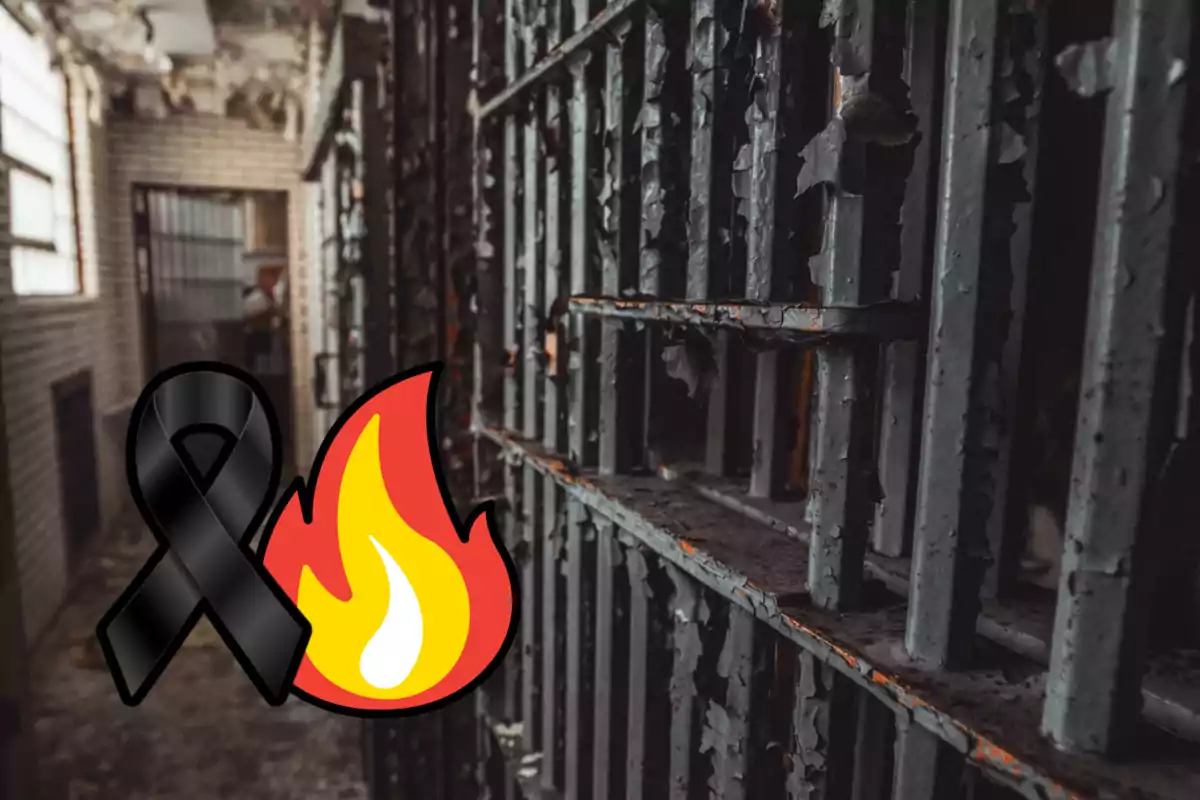In a revelation that has shaken the Spanish penitentiary system, Miguel Carcaño, convicted of the murder of Marta del Castillo, has been linked to an intimate relationship with a prison official. This connection reportedly granted him access to unusual privileges within the penitentiary center, sparking an intense debate about ethics and security in the country's prisons.
Latest investigations
According to investigations by the program "Código 10" on Cuatro, Carcaño allegedly maintained a special relationship with a prison official, which allowed him to obtain prohibited devices such as a mobile phone, a tablet, and a Wi-Fi connection device. These devices were discovered during a search in the center's bakery, where Carcaño worked.
A former cellmate stated that "everyone says it was a female official who gave him all this," suggesting that the relationship between Carcaño and the official was common knowledge within the prison. Additionally, it is reported that Carcaño used these devices to play online poker and was also involved in trafficking Viagra pills within the penitentiary center.

After the discovery of these privileges, Carcaño was transferred from a respect module to a conflictive one and lost his job in the bakery, indicating a disciplinary response from the penitentiary administration.
Statements from Marta's family
So far, no official statements have been issued by penitentiary authorities regarding this case. However, the situation has caused concern among the victims' families and society in general. Antonio del Castillo, Marta's father, has expressed his outrage on social media, questioning how it is possible for his daughter's murderer to enjoy such privileges while he is still seeking justice.
This case has also reignited the debate about security and ethics in Spanish prisons, especially in light of similar incidents, such as that of Ana Julia Quezada, who was accused of maintaining relationships with officials in exchange for benefits within the prison.

Control in penitentiary centers
The revelation of these facts raises serious questions about supervision and control within penitentiary centers, as well as about the necessary measures to prevent abuses of power and ensure the integrity of the judicial system. Society expects clear answers and concrete actions to address these concerns and restore confidence in the institutions responsible for justice and rehabilitation.

